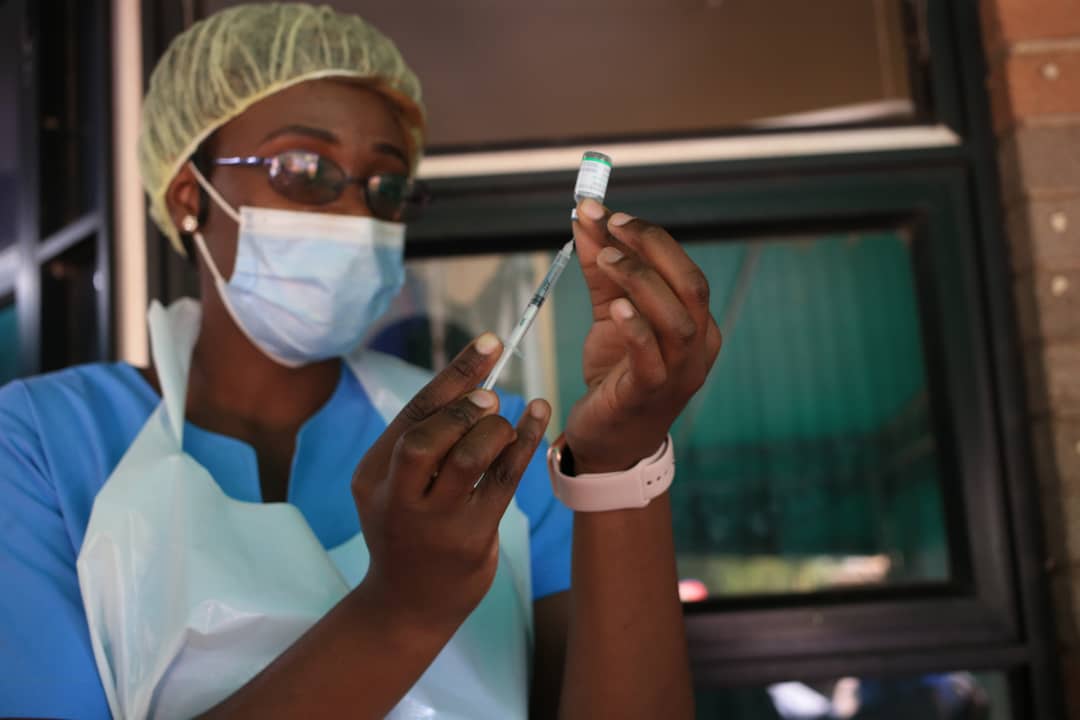BY NOKUTHABA DLAMINI
Zimbabwe has been hit by a measles outbreak that has so far killed 80 children as authorities blamed large church gatherings for the spread of the disease.
Health and Child Care ministry’s permanent secretary Jasper Chimedza said Manicaland was hardest hit by the outbreak, which has killed 45 children in the province since April
“The Ministry of Health and Child Care wishes to inform the public that the ongoing outbreak of measles, which was first reported on the 10th of April 2022 in Mutasa district of Manicaland Province has since spread nationwide following church gatherings,” Chimedza said in a statement.
“These gatherings, which were attended by people from different provinces of the country with unknown vaccination status, led to the spread of measles to previously unaffected areas.
“As of the 11th of August 2022, a total of 1036 suspected cases, 125 laboratory confirmed cases and 80 deaths have been reported since the onset of the outbreak resulting in a Case Fatality Rate of 6.9 %.
“Manicaland has constituted the highest number of cases (356) and 45 deaths.”
He said most of the cases were children aged six months to 15 years from religious sects, who were not vaccinated against measles due to religious beliefs.
What is measles?
According to the health ministry, measles is a highly contagious respiratory tract viral infection commonly found in children and is spread through sneezing and coughing as well as by touching or contact with secretions of an infected individual.
The symptoms
“The symptoms start with a cough, fever and then skin rash,” Chimedza said.
“The high fever usually begins about 10 to 12 days after exposure to the virus and lasts four to seven days.
“A runny nose, a cough, red and watery eyes and small white spots inside the cheeks can develop in the initial stage.
“After several days, a rash erupts on the face and spreads to the whole body.
“The public is advised that the risk of developing a severe form of measles or dying from complications of measles is very high among unvaccinated children under 15 years.”
Public health measures
Chimedza said the ministry has mobilised adequate human and financial resources from within the government and partners to curb the further spread of measles and avoid unnecessary deaths, which include health education, laboratory testing and mass vaccination campaign targeting the affected age group.
Treatment of measles
Chimedza said the mainstay of treatment of measles is supportive as the disease is self-limiting.
“However, severe complications from measles can be reduced through supportive care that ensures good nutrition, adequate fluid intake and treatment of dehydration with the World Health Organisation recommended oral rehydration solution,” he said.
“This solution replaces fluids and other essential elements that are lost through diarrhoea or vomiting and antibiotics are prescribed to treat eye and ear infections as well as pneumonia.
“All children diagnosed with measles should receive two doses of vitamin A supplement at the nearest health facility.
“This treatment restores low vitamin A levels during measles that occur in even well-nourished children, and can help prevent damage and blindness all as symptomatic children should receive the measles vaccines as a prevention measure.”

 Slider3 years ago
Slider3 years ago
 National4 years ago
National4 years ago
 Tourism and Environment4 years ago
Tourism and Environment4 years ago
 Special reports4 years ago
Special reports4 years ago
 Opinion4 years ago
Opinion4 years ago
 National4 years ago
National4 years ago
 National3 years ago
National3 years ago
 National3 years ago
National3 years ago



